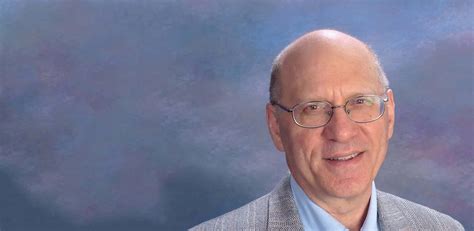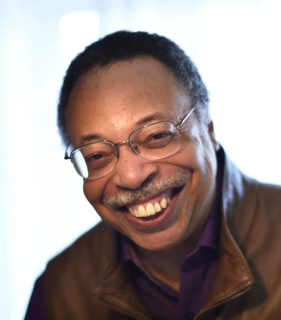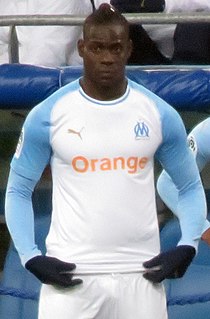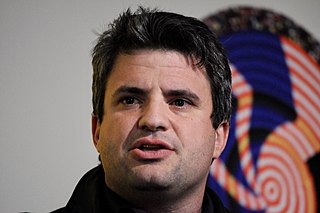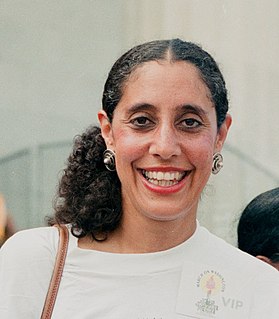A Quote by David Olusoga
Why go from the individual to the entire race, from the singular to the group, from the guilty to the innocent? We know why. That is how racism works. That is racism in action.
Related Quotes
Critical Race Theory offers of discrimination frameworks as ways of understanding and eradicating racism. The focus on "discrimination" as the way to understand racism in the US has meant that racism is considered a question of discriminatory intentions - whether or not somebody intentionally left someone out or did something harmful because of their biased feelings about a person's race. This focus on individual racists with bad ideas hides the reality that racism exists wherever conditions of racialized maldistribution exist.
You cannot be responsible for Jim Crow. You can not be responsible for racism. This is much more a problem for the person exercising racism.You are confronted with the reality of racism when you go in the streets, when the eyes of others come upon you. [James] Baldwin goes back with you to all the experiences you went through and gives a name to them, and explains why it is like this.
The core of racism is the notion that the individual is meaningless and that membership in the collective - the race - is the source of his identity and value. ... The notion of 'diversity' entails exactly the same premises as racism - that one's ideas are determined by one's race and that the source of an individual's identity is his ethnic heritage.
The way racism works in Canada, it's very subtle. You may feel you're a victim of racism or have experienced racism, but you can't necessarily prove it - unless you get a [white] friend to go check out that rental, go check out that job, whatever. Unless you're willing to really dig to prove you're a victim of racism, it might be difficult to do that. And so what you're dealing with then is feeling, it's emotion.
Another response to racism has been the establishment of unlearning racism workshops, which are often led by white women. These workshops are important, yet they tend to focus primarily on cathartic individual psychological personal prejudice without stressing the need for corresponding change in political commitment and action. A woman who attends an unlearning racism workshop and learns to acknowledge that she is racist is no less a threat than one who does not. Acknowledgment of racism is significant when it leads to transformation.
In the U.S., while individual whites might be against racism, they still benefit from their group's control. Yes, an individual person of color can sit at the tables of power, but the overwhelming majority of decision-makers will be white. Yes, white people can have problems and face barriers, but systematic racism won't be one of them.
Even if I don't always behave as I should, this still doesn't explain why so many people have something against me. But you know how it is. A lot of people vent themselves by coming to the stadium to yell at me. I hope it's not racism. I tell myself that it's not racism; it's because I'm tough, and I repeat this to myself.
Racism is not about hurtful words, bruised feelings, political correctness, or refusing to call short people 'vertically challenged.' Racism is about the power to treat entire groups of people as something less than human—for the benefit of that power. That’s why a Native American sports mascot is far from harmless.
The problem is there are people in this country - maybe 10%, I don't know what the number, maybe 20% on a bad day - who want this President to have an asterisk next to his name in the history books, that he really wasn't President....They can't stand the idea that he is President, and a piece of it is racism. Not that somebody in one racial group doesn't like somebody in another racial group. So what? It is the sense that the white race must rule. That's what racism is. And they can't stand the idea that a man who is not white is President.
I grew up poor and white. While my class oppression has been relatively visible to me, my race privilege has not. In my efforts to uncover how race has shaped my life, I have gained deeper insight by placing race in the center of my analysis and asking how each of my other group locations have socialized me to collude with racism.





